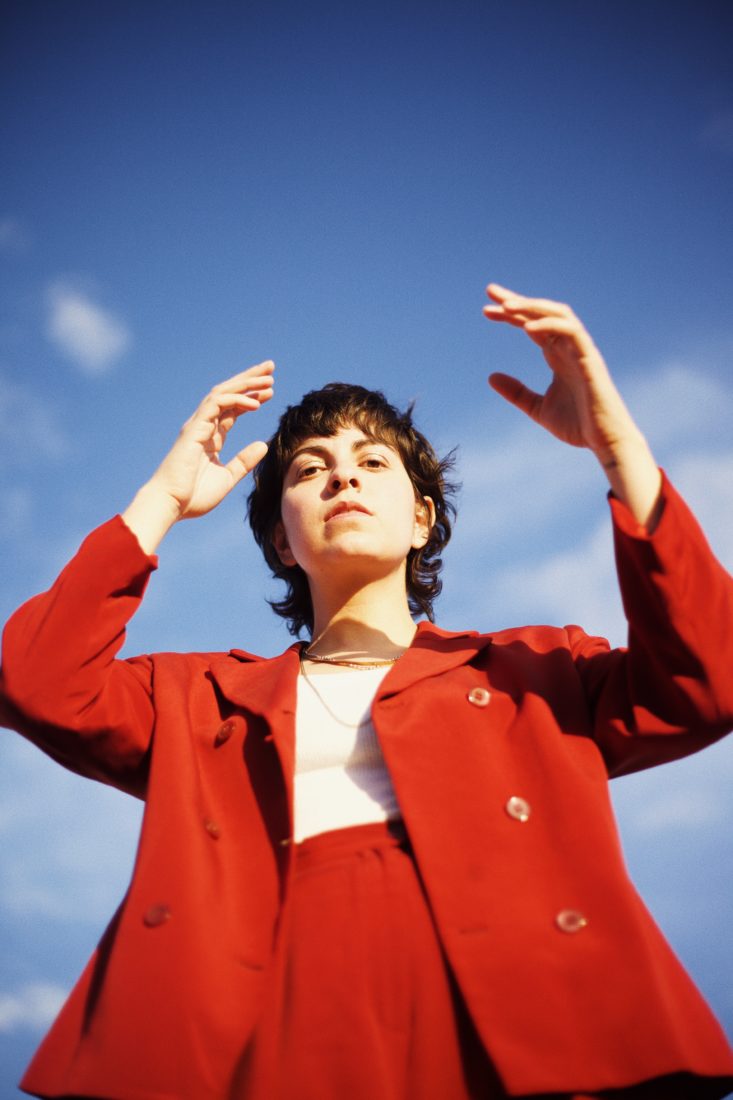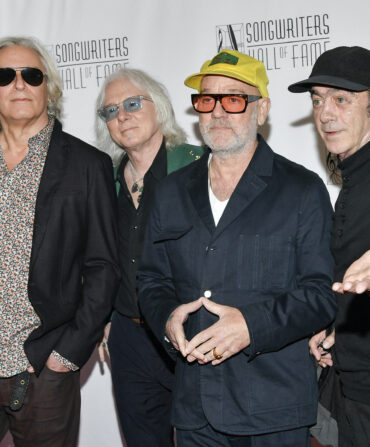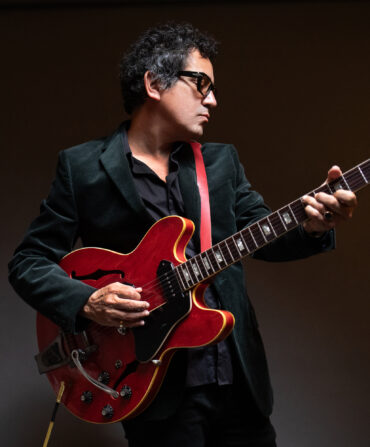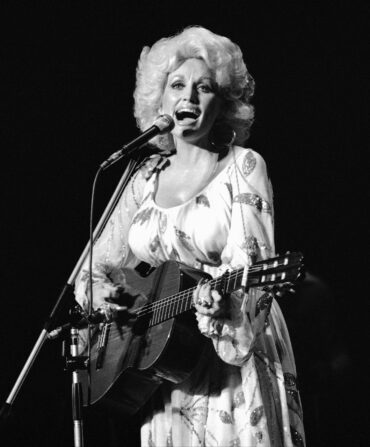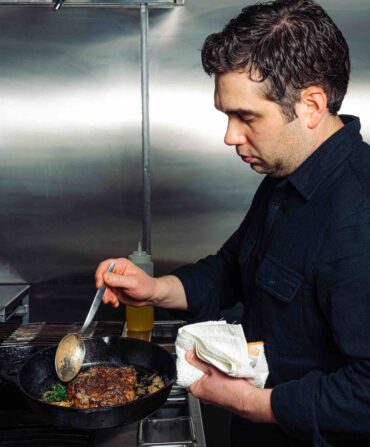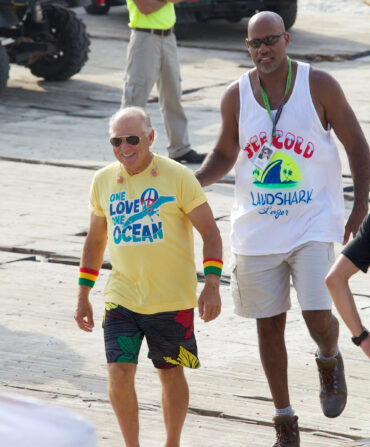When Becca Mancari moved to Nashville seven years ago, she had never even set foot in the city. It was a bold move, but one that paid off—not only with the breakout success of her 2017 debut, Good Woman, but with the community of fellow songwriters the Staten Island native found along the way. In a town where “you can throw a rock and hit a musician,” the thirty-three-year-old singer says that opening up as a songwriter and facing sexism in the music industry is a lot less scary with back-up. “One of the first gatherings I had at my house when I moved to Nashville, back in 2013, was Margo Price, Erin Rae, Brittany Howard, Jenny O., Lilly Mae,” she says. “I’d texted them and said, ‘I don’t like the feeling of us not being together in this.’ So we got together at my house to drink some drinks and play some music, and we’ve done that for years now. I see everybody’s success as us paving the way for each other.”
Mancari’s sophomore album, The Greatest Part, departs from the Americana twang of Good Woman in favor of catchy bass lines and hazy, dreamy soundscapes. But many of the upbeat songs belie a deep pain in Mancari’s lyrics. I remember the first time my dad didn’t hug me back, she sings in the staggering opening line of “First Time,” a song that recounts coming out as gay to her family. “It was really hard for me, and I know that’s true for a lot of people,” Mancari says. “I wanted to tell my story, and I had never really truly told the pain part of the story.”
Though pain provides the basis for much of The Greatest Part, the result isn’t gloomy or downtrodden—quite the opposite, actually. “I wanted to make a sad pop record,” Mancari explains. “I referenced the Beach Boys a lot. Brian Wilson was dealing with mental illness and a really bad relationship with his own father, and yet his music is so upbeat and beautiful. I thought, ‘Why aren’t people doing that more?’” While songs such as the floaty “Pretend” evoke the beachy vibe, there are quieter moments, too. The album closer “Forgiveness” opens with sparse instrumentation and Mancari’s lone vocal. The last song she added to the album, it was the product of a late-night, impromptu recording after a tear-soaked conversation, and it echoes with a familiar truth: Forgiveness is the hardest part.
“I want to help people get to the next chapter: forgiving yourself and forgiving people that have hurt you,” Mancari says. “I want people to love themselves again, and I want to love myself again.”
The Greatest Part is available now. Keep an eye on Mancari’s Instagram and Twitter for the latest news on her livestreams and events.


